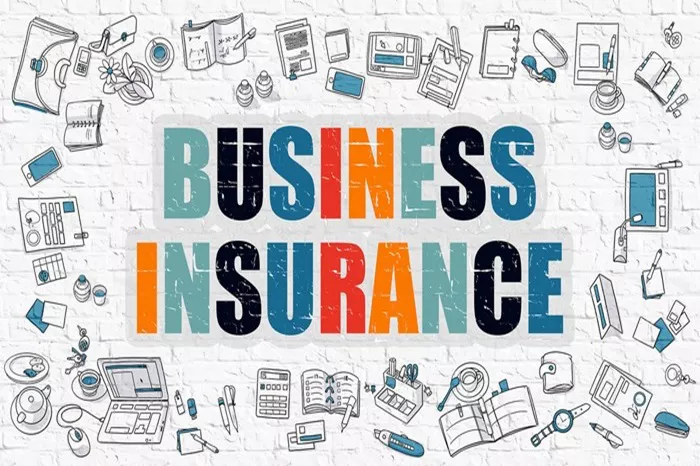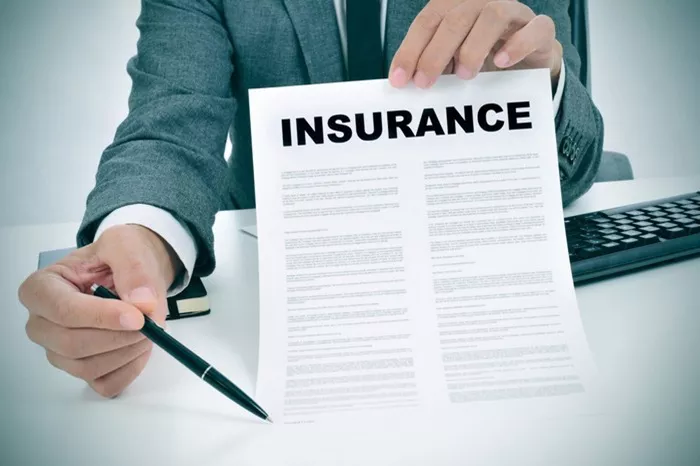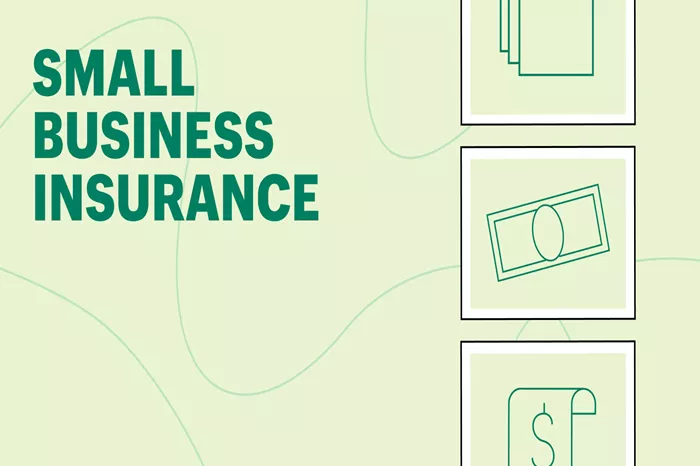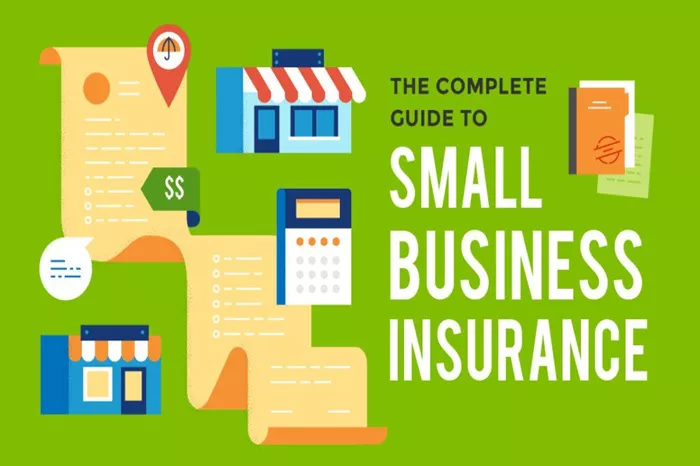Business insurance is a crucial component for safeguarding a company’s assets, employees, and overall financial health. This type of insurance helps mitigate risks and provides financial protection in various situations. In this article, we will explore what business insurance is and delve into the specific types of coverage it provides.
Understanding Business Insurance
Business insurance is designed to protect a company from financial loss due to unexpected events or circumstances. It covers a range of risks, including property damage, liability claims, and employee-related issues. By having business insurance, companies can ensure they are prepared for potential threats and challenges.
Types of Business Insurance
Business insurance encompasses several different types of coverage, each addressing specific needs and risks. Here are some of the primary types:
1. General Liability Insurance
General liability insurance is one of the most fundamental types of business insurance. It provides coverage for:
Third-Party Injuries: If someone is injured on your business premises, general liability insurance can cover medical expenses and legal fees.
Property Damage: If your business causes damage to someone else’s property, this insurance can cover repair or replacement costs.
Advertising Injuries: This includes claims of libel, slander, or copyright infringement resulting from your advertising activities.
2. Property Insurance
Property insurance protects the physical assets of a business. It covers:
Buildings and Structures: Coverage for damage to the physical building or structure where your business operates.
Contents and Inventory: Protection for business assets such as office equipment, inventory, and furniture against risks like fire, theft, or vandalism.
Business Interruption: Compensation for lost income if your business operations are halted due to a covered event.
3. Workers’ Compensation Insurance
Workers’ compensation insurance is essential for protecting your employees. It provides:
Medical Benefits: Coverage for medical expenses resulting from work-related injuries or illnesses.
Wage Replacement: Compensation for lost wages if an employee is unable to work due to a work-related injury or illness.
Disability Benefits: Financial support if an employee becomes permanently disabled due to a work-related incident.
Legal Protection: Coverage for legal costs if an employee sues your business over a work-related injury.
4. Professional Liability Insurance
Also known as errors and omissions insurance, professional liability insurance is crucial for businesses that provide professional services. It covers:
Negligence Claims: Protection against claims of negligence or failure to perform professional duties.
Errors and Omissions: Coverage for mistakes or oversights in the professional services provided.
Legal Defense Costs: Protection for legal fees and court costs related to professional liability claims.
5. Cyber Liability Insurance
In an increasingly digital world, cyber liability insurance is becoming more important. It covers:
Data Breaches: Protection against the costs associated with a data breach, including notification costs, credit monitoring, and legal fees.
Cyber Attacks: Coverage for losses resulting from cyberattacks such as ransomware.
Business Interruption: Compensation for lost income due to a cyber incident that disrupts business operations.
6. Commercial Auto Insurance
For businesses that own vehicles, commercial auto insurance provides coverage for:
Vehicle Damage: Protection for damage to company-owned vehicles from accidents or other perils.
Liability: Coverage for injuries or damages caused by company vehicles in an accident.
Uninsured Motorists: Protection if your company vehicle is involved in an accident with an uninsured or underinsured driver.
7. Business Owner’s Policy (BOP)
A Business Owner’s Policy combines several types of coverage into one package. It typically includes:
- General Liability Insurance
- Property Insurance
- Business Interruption Insurance
A BOP can be a cost-effective way for small to medium-sized businesses to obtain comprehensive coverage.
8. Directors and Officers Insurance
Directors and officers insurance protects company executives and board members from:
Legal Actions: Coverage for legal costs arising from lawsuits related to their management decisions.
Regulatory Investigations: Protection against costs from regulatory investigations and enforcement actions.
Wrongful Acts: Coverage for allegations of wrongful acts committed in their capacity as company directors or officers.
9. Employment Practices Liability Insurance (EPLI)
EPLI covers claims related to:
Employment Discrimination: Protection against claims of discrimination based on race, gender, age, or disability.
Harassment Claims: Coverage for allegations of workplace harassment.
Wrongful Termination: Protection for claims of wrongful termination or retaliation.
10. Environmental Liability Insurance
For businesses that deal with environmental risks, this insurance covers:
Pollution Claims: Protection against claims related to pollution or environmental damage.
Cleanup Costs: Coverage for the costs associated with cleaning up environmental contamination.
Legal Defense: Protection for legal costs related to environmental liability claims.
See Also: What Is Contractor Liability Insurance?
Choosing the Right Business Insurance
Selecting the appropriate business insurance involves evaluating your company’s specific needs and risks. Consider the following factors:
1. Business Type and Industry
Different industries have unique risks. For example, a construction company may need more extensive liability coverage compared to a retail store. Understanding your industry’s specific risks can help you choose the right insurance types.
2. Business Size and Structure
The size of your business and its structure can impact insurance needs. A small business may benefit from a Business Owner’s Policy, while a large corporation might require specialized coverage.
3. Risk Exposure
Assess the risks your business faces, including property risks, liability risks, and employee-related risks. This assessment will guide you in selecting the appropriate coverage.
4. Legal Requirements
Certain types of insurance, such as workers’ compensation, may be legally required depending on your location and industry. Ensure you meet all legal requirements to avoid penalties.
5. Budget Considerations
While it’s important to have adequate coverage, it’s also crucial to consider your budget. Compare insurance quotes and coverage options to find a balance between cost and protection.
How to Purchase Business Insurance
Purchasing business insurance involves several steps:
1. Assess Your Insurance Needs
Conduct a thorough assessment of your business risks and insurance needs. Identify the types of coverage that are essential for your operations.
2. Research Insurance Providers
Research different insurance providers and their offerings. Look for providers with a strong reputation and experience in your industry.
3. Get Multiple Quotes
Obtain quotes from multiple insurance providers to compare coverage options and costs. This will help you find the best policy for your needs.
4. Review Policy Terms
Carefully review the terms and conditions of each policy. Pay attention to coverage limits, exclusions, and any additional endorsements or riders.
5. Consult with an Insurance Broker
Consider consulting with an insurance broker who specializes in business insurance. A broker can provide expert advice and help you navigate the complexities of choosing the right coverage.
6. Purchase and Maintain Your Policy
Once you’ve selected a policy, purchase it and ensure you maintain coverage by paying premiums on time. Regularly review and update your policy as your business evolves.
Conclusion
Business insurance is a vital component of managing risk and protecting your company’s assets and operations. By understanding the various types of coverage available and assessing your specific needs, you can make informed decisions to safeguard your business. Whether it’s general liability, property insurance, or specialized coverage like cyber liability, having the right insurance can help you navigate potential challenges and ensure the long-term success of your business.






















